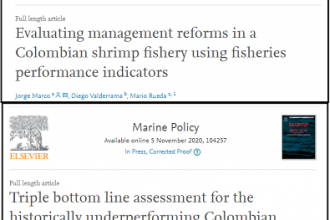Understanding how human behavior influences economic decision-making
Behavioral economist Prof Martine Visser is pioneering the use of ‘green nudging’ methods to encourage people in a developing world context to adopt pro-environmental behavior in the interest of the


